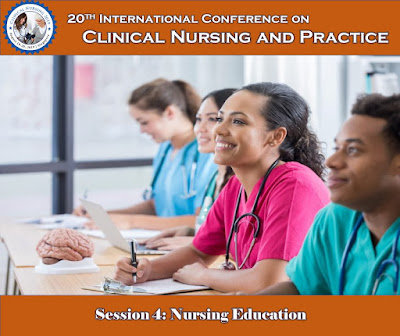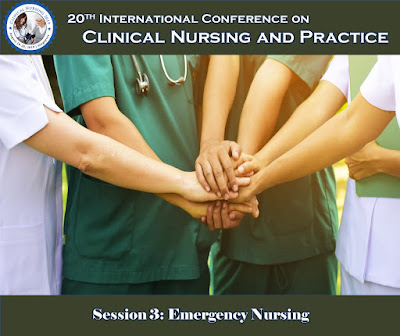Session 5: Pre-Clinical Research
20 th International Conference on Clinical Nursing and Practice In drug development , preclinical expansion , also named preclinical studies and nonclinical studies, is a stage of research that begins earlier than clinical trials (testing in humans) can begin, and during which important feasibility, iterative testing, and drug safety data are collected. The main goals of pre-clinical studies are to determine the safe dose for the first-in-man study and assess a product's safety profile. Products may contain new medical devices, drugs, gene therapy solutions, and diagnostic tools. On average, only one in every 5,000 compounds that enter drug discovery to the stage of preclinical development becomes an approved drug. Types: Each class of product may experience different types of preclinical research. For instance, drugs may undergo pharmacodynamics, pharmacokinetics, ADME, and toxicology testing. This data allows researchers to allometrically estimate a safe starting ...

